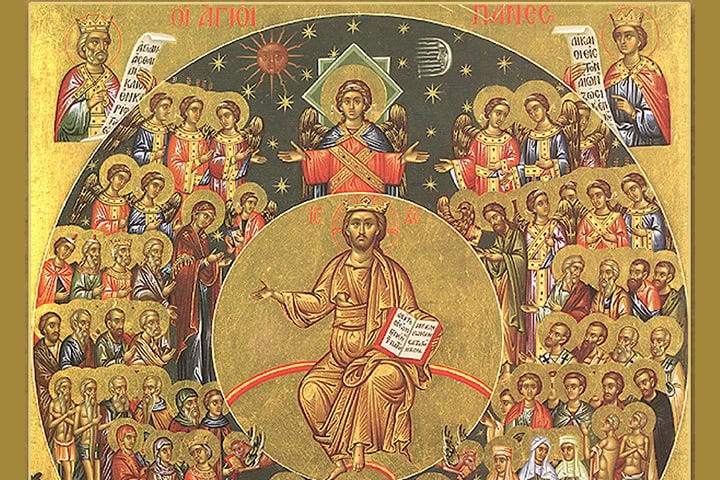History
A primer on Christian tradition
*This is the third essay in a series meant to be starting points for theological reflection. For the previous posts, click the links here:
Part 1 [on Systematics]
Part 2 [on Scripture]
Introduction
Essential to doing theology well is a faithful understanding of the Church’s history, whether or not that story tells us what we do or do not want to hear. In contemporary Protestant doctrinal reflection, we usually begin with the Scriptures as the rule for where our thoughts and our conversations are allowed to go. Unfortunately, this radical biblicism inherited from the Reformation has continued exerting its influence in virtually all corners of our mainstream belief. However, truth be told, it is not the Scriptures that shape our thinking and talking about God, but our particular readings of these texts which determine what we can or cannot say or imagine. Free from any ecclesial or episcopal authority, the Bible becomes an equalized playing field, with orthodoxy being determined by who can stack up the most verses. It turns into a battle of “know what you believe and why you believe it.” Additionally, for us Pentecostals who believe in an openness to the Spirit, we lend authority to whatever is felt to be “inspired” or “revealed,” at least at the local church level. In this way, authority is resident within what “God” is saying to “me,” specifically about a text that is equally open and accessible to anyone and everyone.
The result is now interpretation is an utterly private matter, disconnected from any Christian community either past or present. Those who dare assume an authority based on their training or tradition are suspect. The Scriptures are the “rule for faith and practice” and the Spirit, we are convinced, has democratized both his own voice and, secondarily, the voice of the Church. Everyone gets a say. What is identified as freeing the Spirit from “man-made systems” has actually slid into a (hopefully unconscious) campaign against established teaching. To frame it another way, it is fundamental to the Faith that Christians are to resist inequality; this is part and parcel of the gospel. Yet, that sense of “justice” has bled over into the work of history and theology, where we cannot bear to consider someone, somewhere might have known something we do not, or that we must submit to a wisdom and practice that is beyond us. After all, we have the same Spirit and Scriptures (and we do, to be sure), so everyone’s opinion carries equal weight (which is most certainly does not).
Keep reading with a 7-day free trial
Subscribe to Tables and Altars to keep reading this post and get 7 days of free access to the full post archives.


